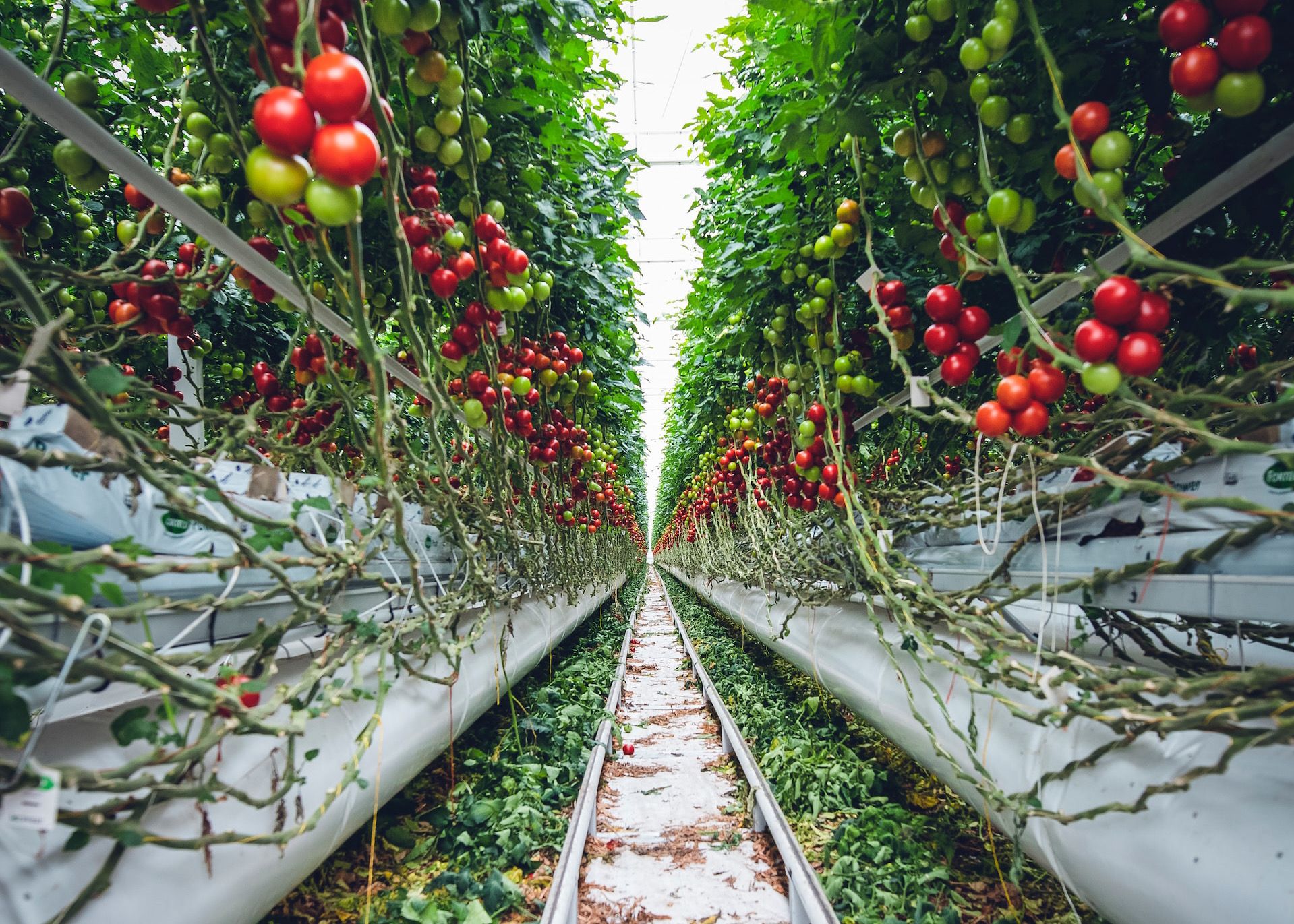No hate for fans of organic food fans. But when things spiral into the realm of hating everything else, and judging others for their non-organic choices, it's plain classist. A recurring argument that gets thrown around is that organics taste better. Welp, scientists have just proved – with real human testing – that the normal greens taste nigh indistinguishable.
Folks at the Department of Food Science (University of Copenhagen) have finally tackled the age-old mystery of whether people can actually tell the difference between organically grown greens and those vertical indoor farmed veggies. They gathered 190 people to blind taste the likes of rocket salad (also known as the elite arugula), baby spinach, pea shoots, basil, and parsley.
The results were quite perception-shattering. People liked the vertically-farmed produce almost as much as the organic, soil-kissed counterparts. When it came to rating rocket on a scale of 1-9, both the dirt-grown and the high-rise-grown rocket scored a thrilling 6.6.
As for baby spinach and basil, the scores were so close, it was like watching paint dry to see who'd win. Pea shoots had their moment of fame, each type winning once. The only clear victory was for organically grown parsley, with equal votes falling on each side. Here's the verdict straight from the mouth of Associate Professor Michael Bom Frøst, one of the minds behind the latest research:
"In terms of taste, we certainly have no reason to be skeptical. Indeed, the participants think that the vertically grown plants taste just as good as the ones we consider best – namely the organic ones."
Why vertical farming ain't bad, AT ALL?
Vertical farming flips traditional agriculture on its head by growing crops indoors, in a sort of plant skyscraper, with layers stacked upon each other. This method, often using artificial light and ditching soil for techniques like hydroponics, is like a sci-fi version of farming. It's seen as a potential superhero in the fight against future crop insecurities brought on by climate change, water scarcity, and shrinking agricultural land.

One of the coolest things about vertical farming is its ability to grow food right where it's eaten - even in urban jungles - leading to fresher produce with fewer travel miles. It's a real space-saver too, growing up instead of out, allowing more land to return to its wild roots. Plus, this method is less thirsty and more land-efficient, reducing the environmental footprint of agriculture.
Crops grown in these controlled environments aren't just at the mercy of Mother Nature, meaning they can be consistently high-quality, without needing a seasonal calendar. However, playing indoor weather god requires tight control over climate conditions and smart resource use. In short, vertical farming is like the cool, tech-savvy cousin of traditional farming, bringing fresh greens to your plate with a side of environmental benefits.

